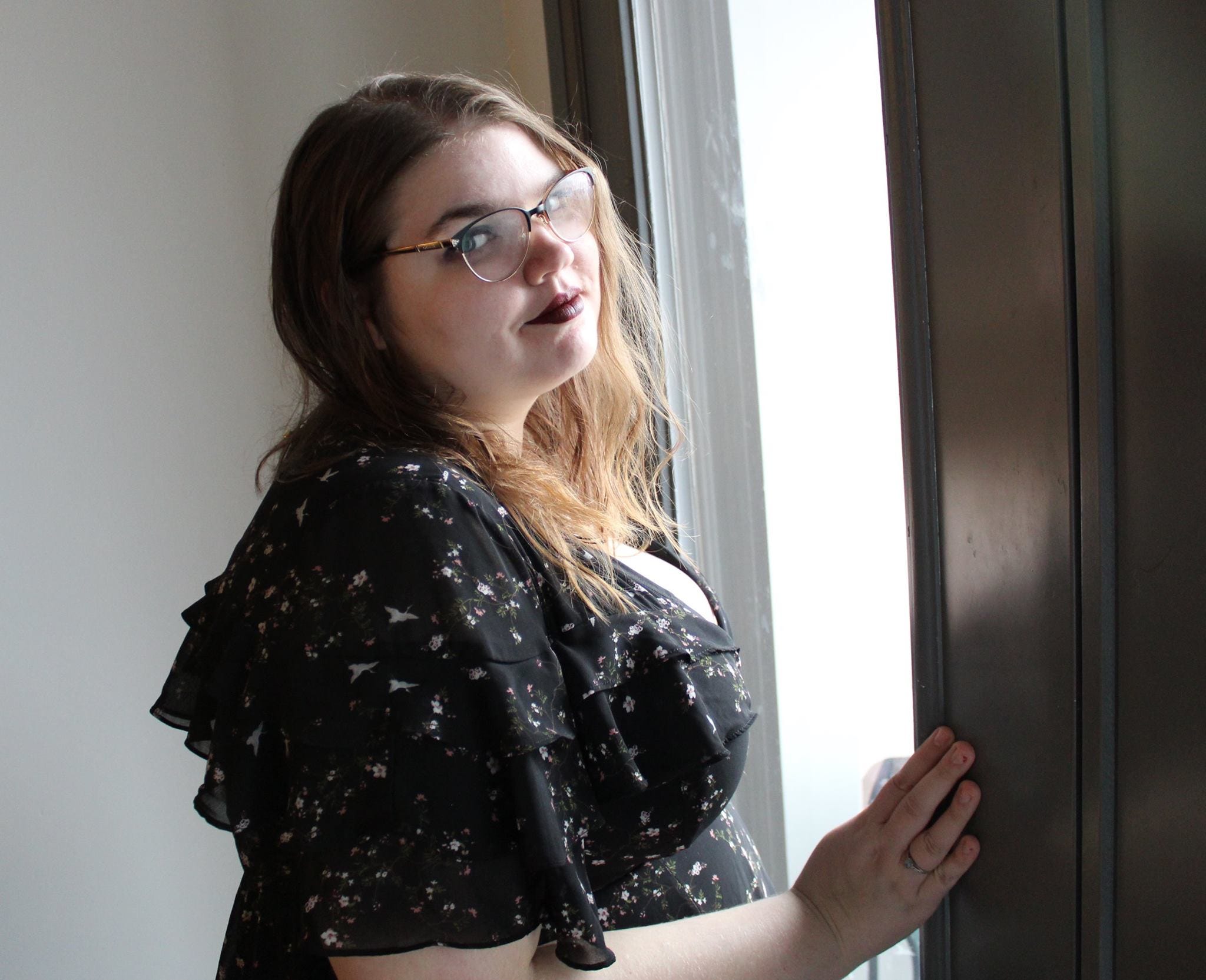Jewish, Muslim leaders: Hate crimes on rise since start of Israel-Hamas war
 Hayley Harding
Hayley HardingBoth Jewish and Muslim groups are reporting a rise in hate crimes since the Israel-Hamas war began earlier this month.
The Anti-Defamation League, an international Jewish non-governmental organization and advocacy group that specializes in civil rights law and combats antisemitism and extremism, has reported a 388% increase in antisemitic acts over the same period last year. Incidents include harassment, vandalism and assault.
One involved a Jewish student at Wayne State who allegedly was harassed, shoved and called "(expletive) Zionist" while painting a free speech rock with an Israeli flag on campus.
“When conflict erupts in Israel, antisemitic incidents soon follow in the U.S. and globally,” said Jonathan Greenblatt, the ADL's CEO, in a press release. “From white supremacists in California displaying antisemitic banners on highway overpasses to radical anti-Zionists harassing Jewish people because of their real or perceived support for the Jewish state, we are witnessing a disturbing rise in antisemitic activity here while the war rages overseas.”
Muslim leaders, meanwhile, say they're also seeing an uptick in hate crime.
The Council on American-Islamic Relations has reported more than 800 complaints across the country, including 40 specifically to its Michigan office, since Oct. 7.
That number in just over two weeks is closer to what CAIR typically sees in two months, Dawud Walid, executive director of CAIR-MI told The Detroit News. And that number is likely low — many people won't report concerns, either to police or to groups that track such incidents.
"Many people in our community who suffer indignities and threats stay silent," Walid said.
CAIR-MI said they've heard of mosques recieving hate mail, a Muslim home in Lansing getting their house shot in with a BB gun and a student at a school district in southeast Michigan being targeted for wearing a keffiyeh, which is a shawl worn by people from Palestine but also from Jordan and Iraq, Walid said. It's not a religious garment — even Arab Christians wear them, he said.
In Dearborn — where census data recently showed a majority of residents are of Middle Eastern and North African descent — people have made a lot of threats, Walid said. The Dearborn police chief proactively reached out, he said, encouraging CAIR to share complaints with the department so that they could be investigated.
Walid said that instead of "banging the drums of war," he'd like to see political leaders call for a cease-fire abroad and civility in the U.S. Because southeast Michigan has a signficiant Muslim community as well as a prominent Jewish community, "it's ripe for people being targeted for Islamophobia as well as anti-Semitism."
"The uptick of complaints against Muslims is not happening in a vacuum. It's not isolated to what's going on overseas," he said. "There is a direct connection to the political rhetoric, especially from politicians right here in the United States."
He'd like to see politicians speak out against violence against the Muslim community the same way leaders have spoken out about violence against Jewish people. Many people in the Muslim community, he said, are questioning why they would support certain politician candidates in upcoming elections — ones they previously raised money for, campaigned for and voted for — when it seems they're being ignored now.
"But outside of that, it's just being a good human being to speak out against hate to Michigan Muslims," Walid said, noting that Michigan's Muslim community makes up a significant voting bloc. "You would think it would also be good politics."